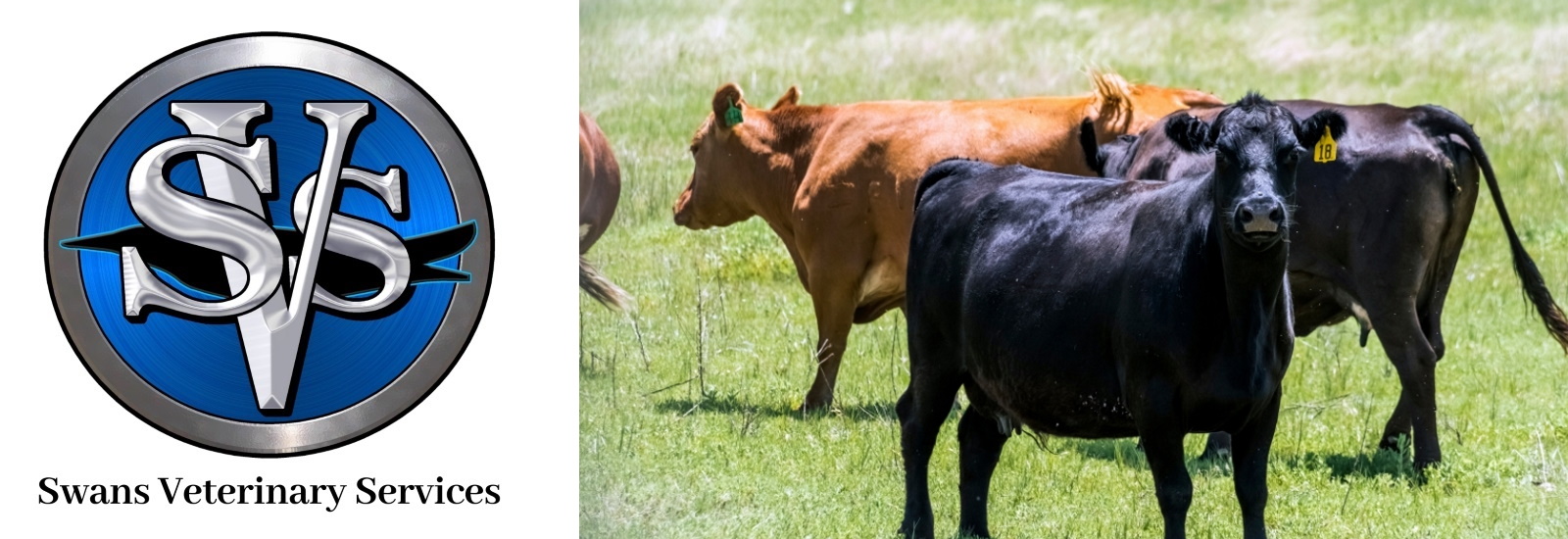
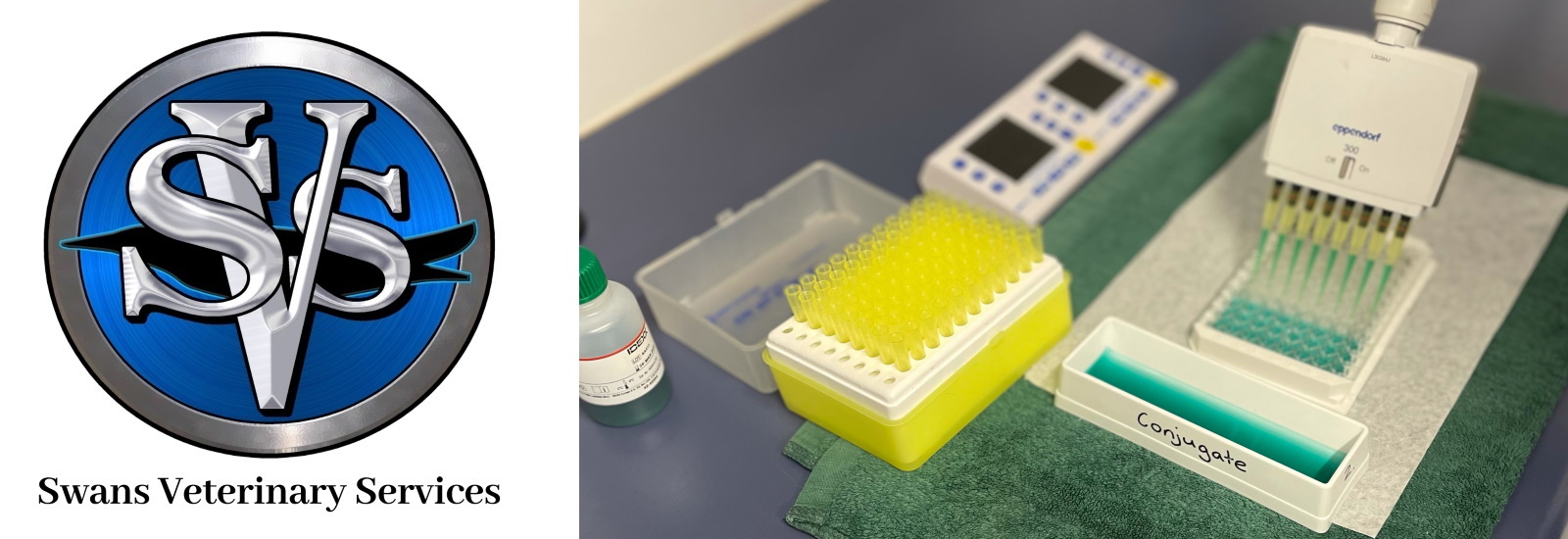
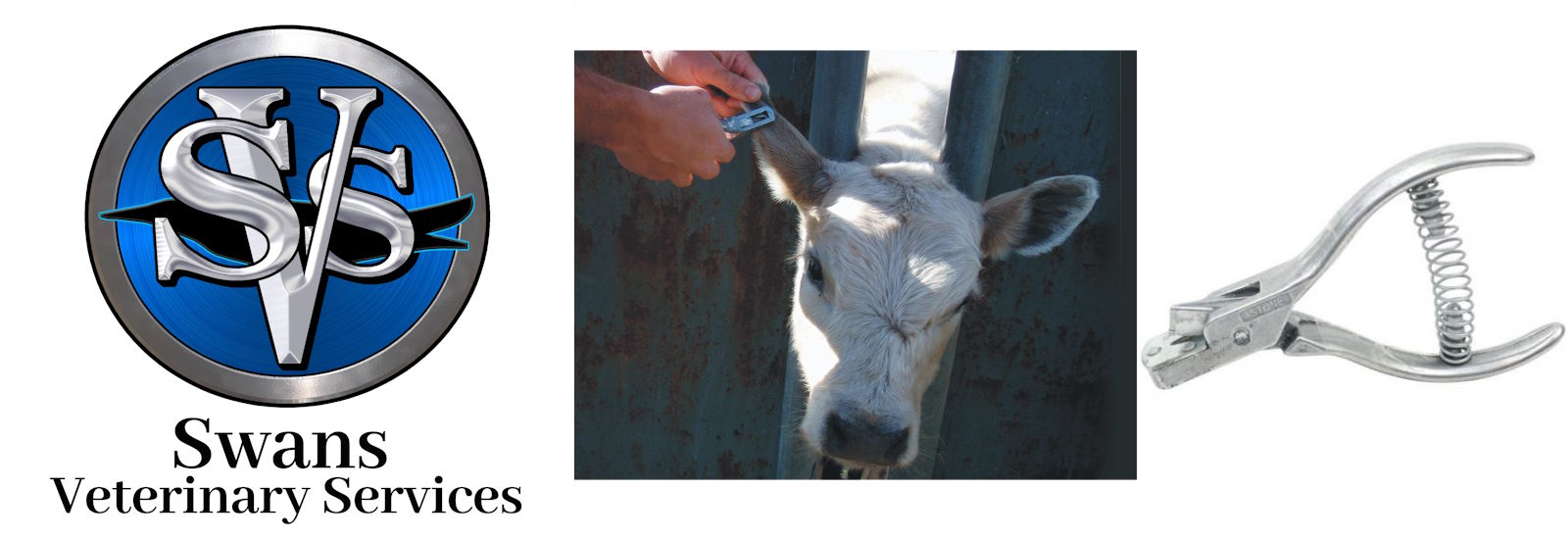
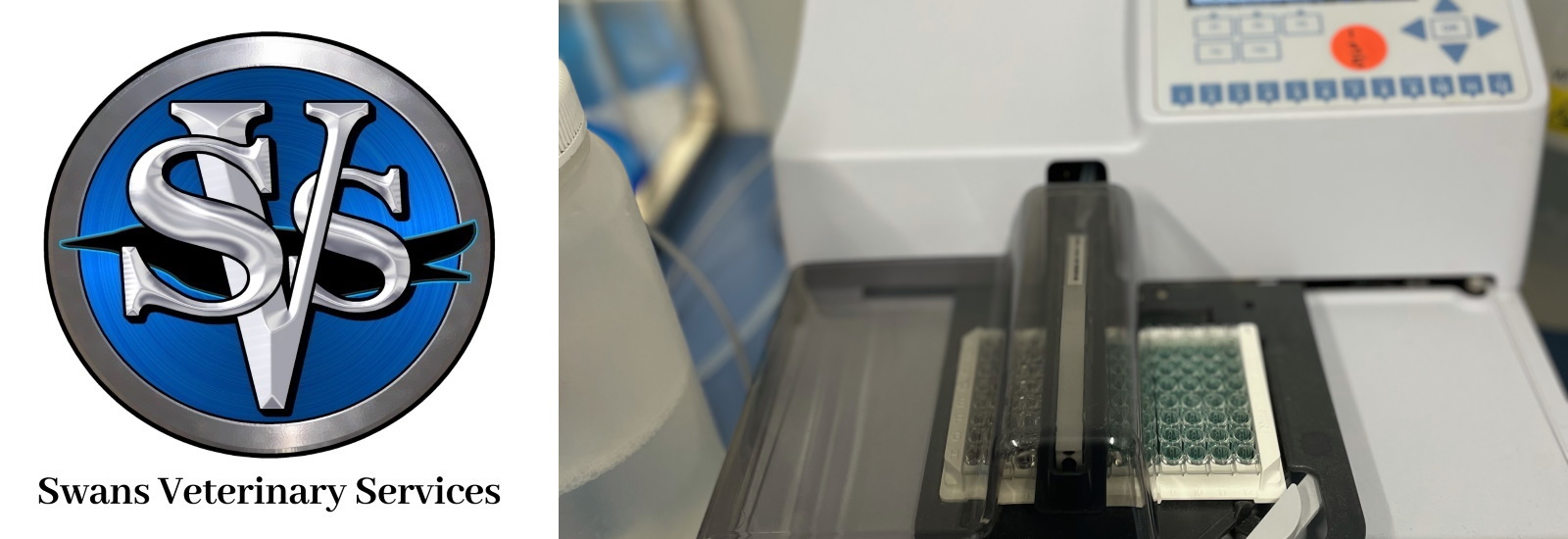
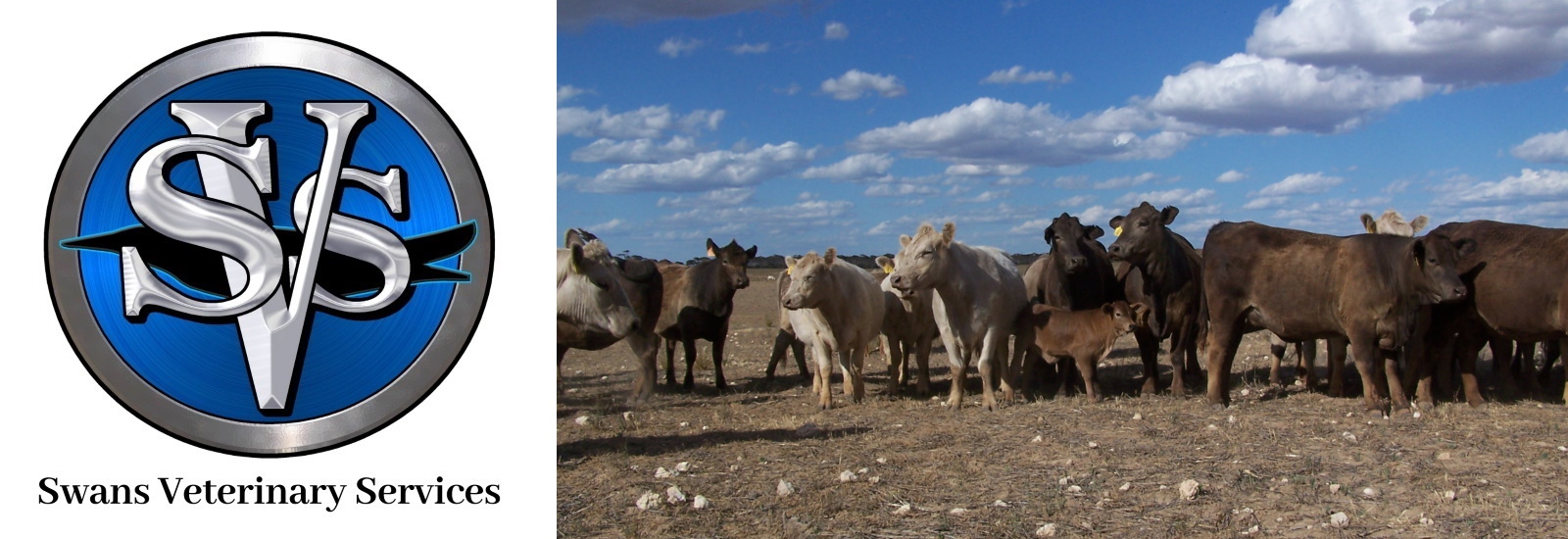
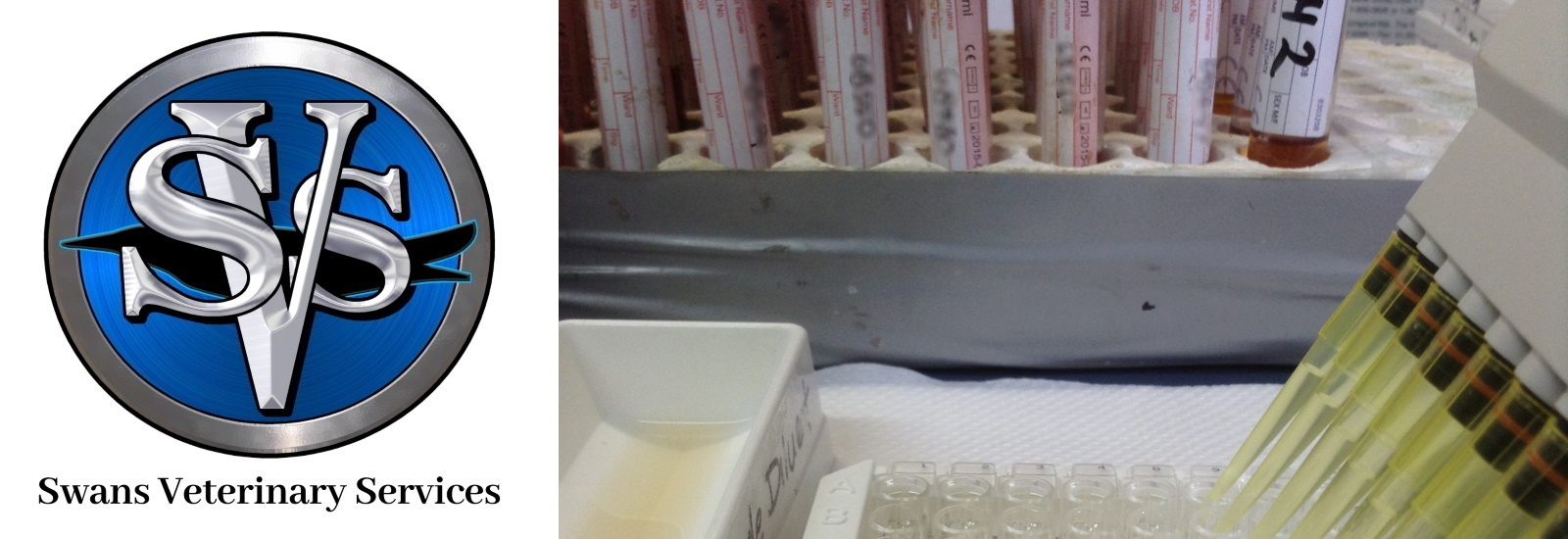
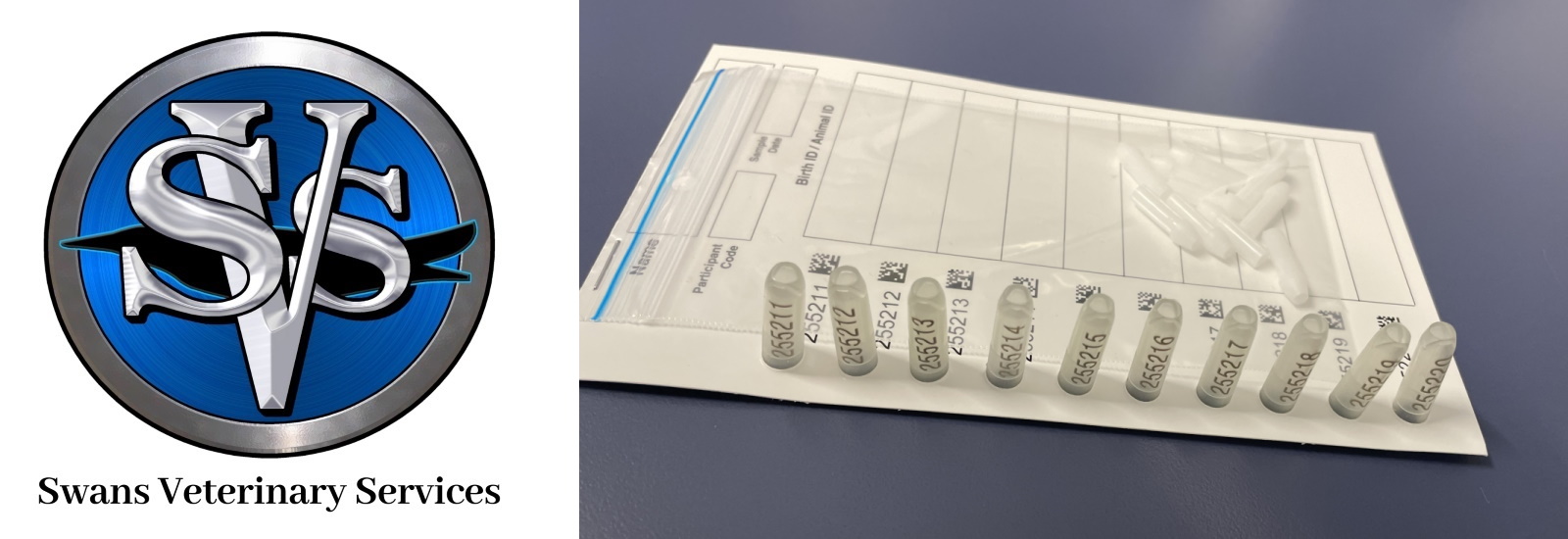
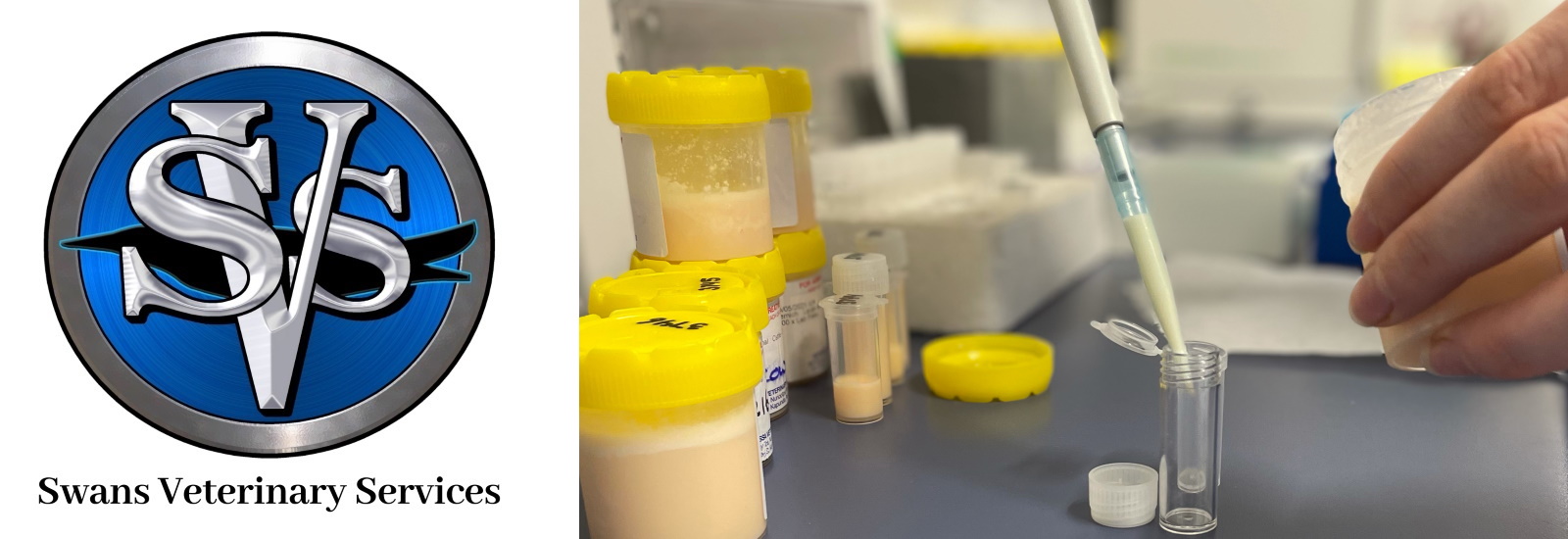
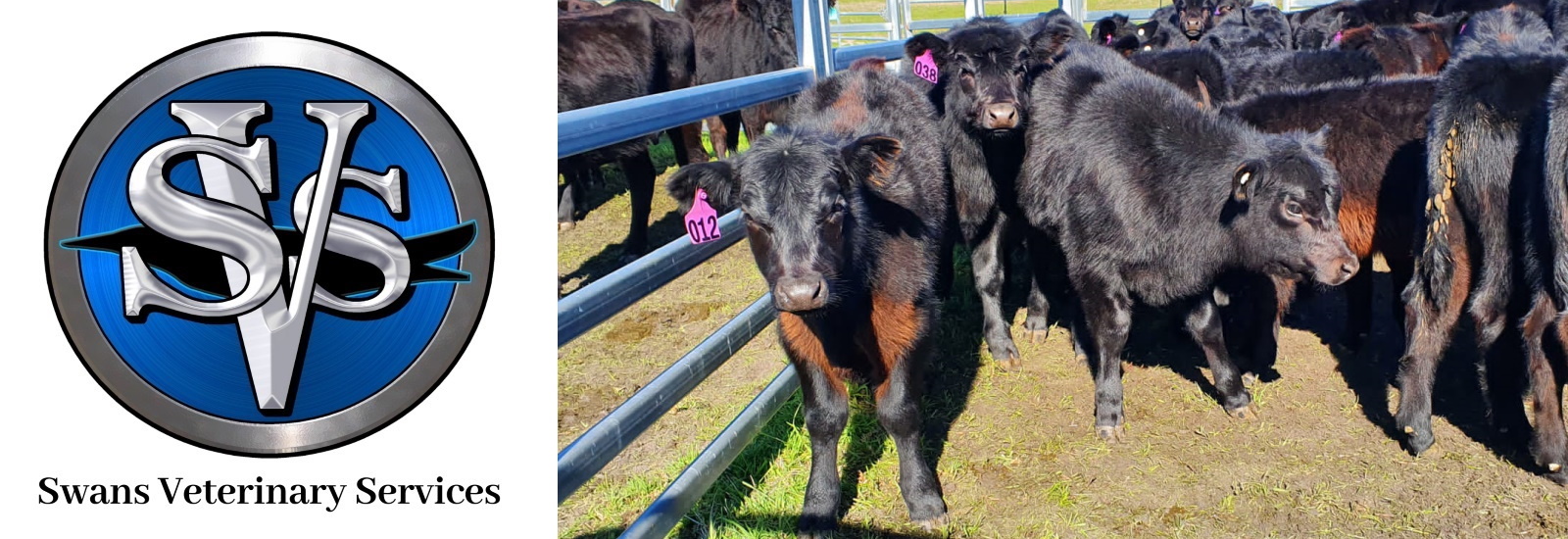

Bovine Viral Diarrhoea Virus (BVDV)
The key to understanding the Bovine Viral Diarrhoea Virus (BVDV) and its control is to understand the epidemiology of the disease. BVDV is believed to be spread almost exclusively by Persistently Infected (PI) animals. PI's were infected with BVDV in utero between approximately months one and four of their pregnancy. They go on to be born persistently infected with BVDV, as their immune system fails to recognise the virus as a pathogen and never mounts a defence against it. Because the virus is allowed to replicate, unchecked, PI's go on to shed extreme amounts of virus for their entire lives. The only way to become a PI is to be born one.
The disease itself may be difficult to diagnose or even recognise, and is often mistaken for natural genetic weakness, such as a calf that develops poorly, or it may be more obvious with a large increase in abortion rates and still born calves. Infection with the BVDV can impact on conception, neonatal calf survival, weaning weights, mortality, feed consumption and average daily gain.
BVDV has been demonstrated from international trial work from all corners of the globe to cost beef and dairy producers between $15 and $100 per breeder per year in production losses, predominately due to its reproductive impact and immunosuppressive capability.
Persistently Infected animals (PI’s) are the primary vector for BVDV transmission. Their ability to continually shed the virus at massive levels for their entire lives has proven to be an exceptionally successful course for viral continuance proven by the fact that over 70% of Australian farms are actively infected with BVDV.
BVDV Laboratory contacts: